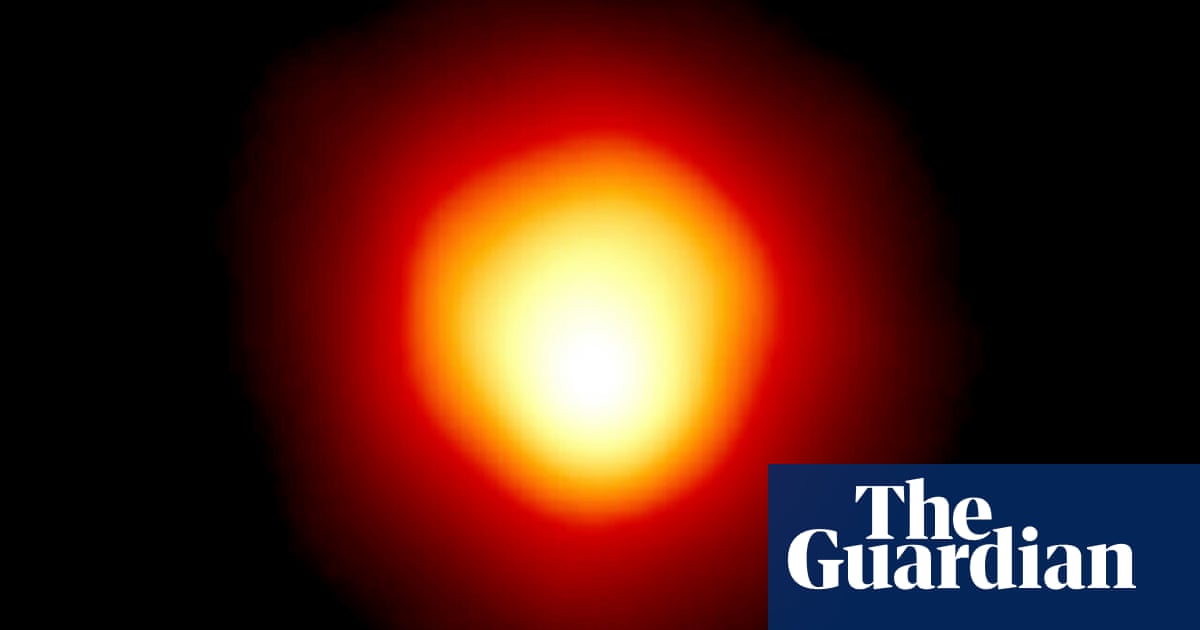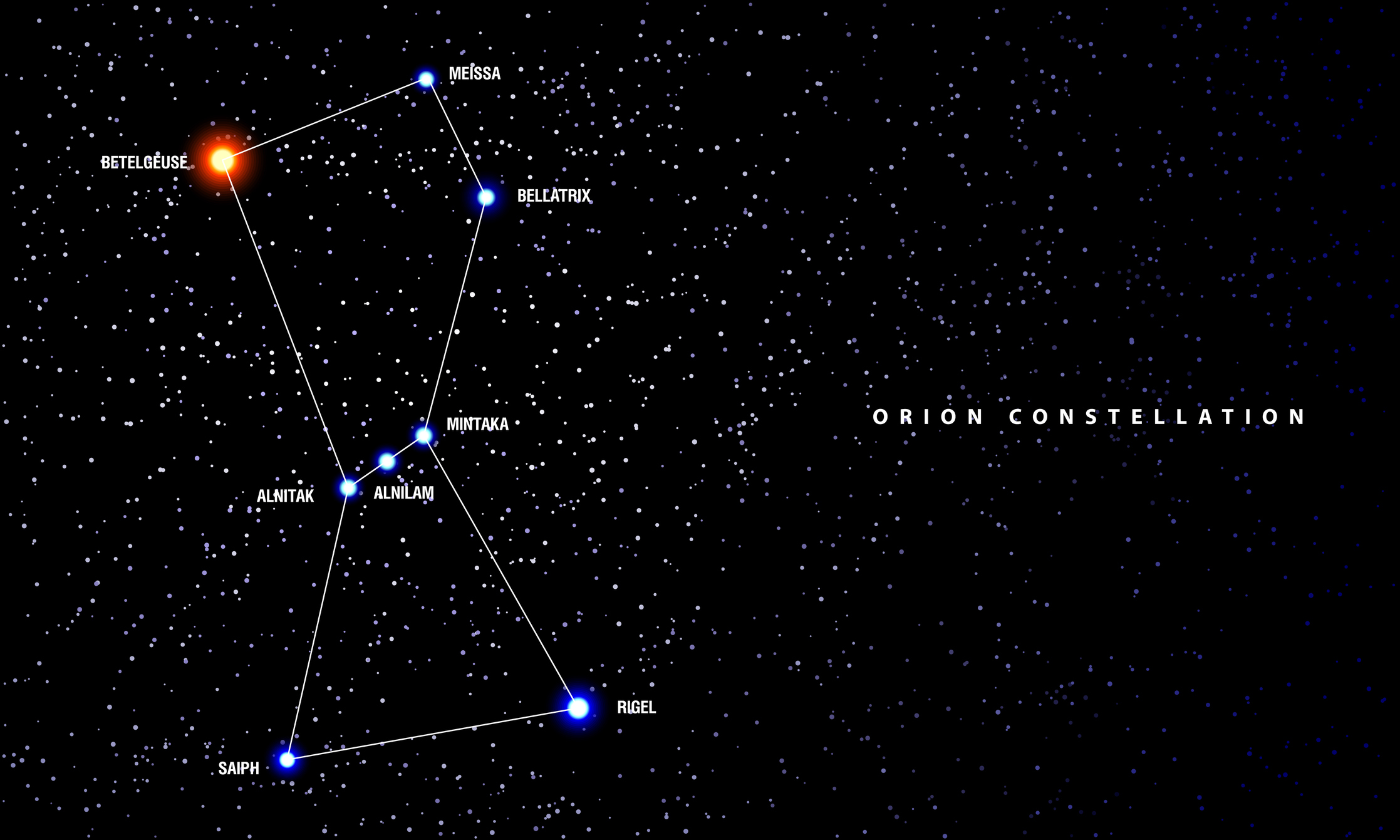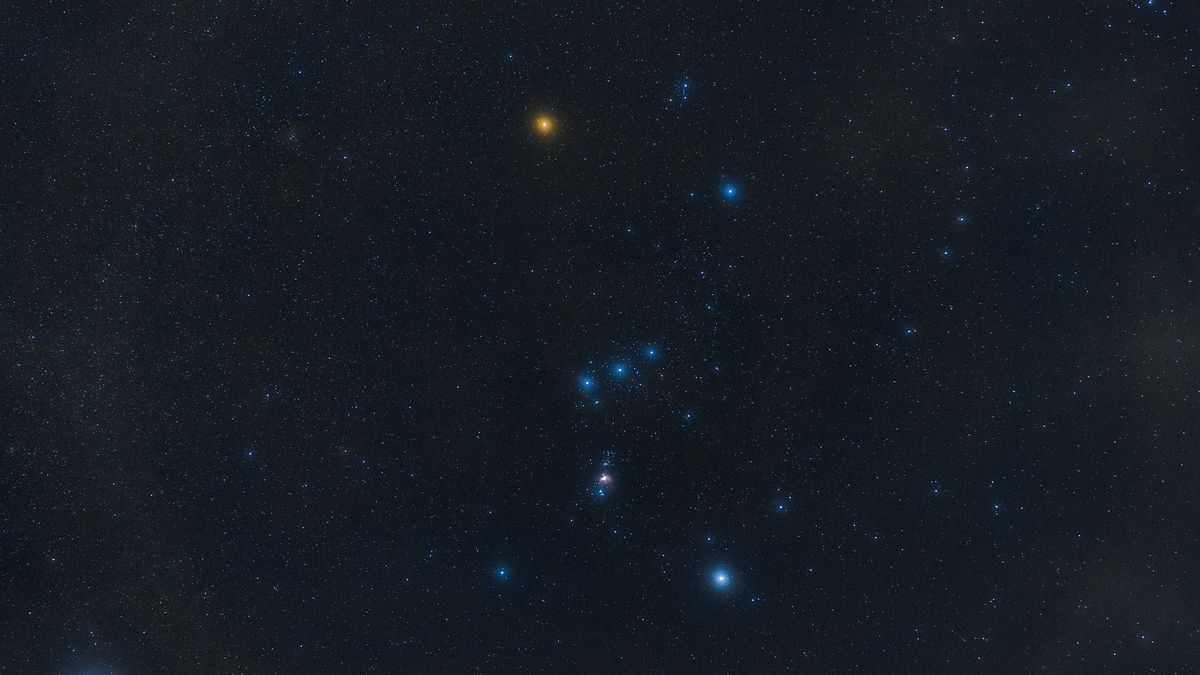A rare celestial event is set to occur as an asteroid, named 319 Leona, will pass in front of the bright star Betelgeuse, creating a unique eclipse. This event will be visible along a narrow path stretching from central Asia to Mexico, and from southern Europe to Florida. The eclipse is expected to last for up to 15 seconds.
Betelgeuse, one of the brightest and largest stars in the night sky, is thousands of times brighter and bigger than our sun. The star is known for its 'great dimming' in late 2019 and early 2020, when it lost about two-thirds of its brilliance. The upcoming eclipse presents a unique opportunity for astronomers to study both Betelgeuse and the asteroid 319 Leona.
There are, however, uncertainties about the size of the asteroid and whether it will completely obscure the star or create a 'ring of fire' annular eclipse. Despite these uncertainties, the event is expected to provide valuable data for scientists studying the star's photosphere.
For those unable to witness the event directly, the Virtual Telescope Project in Rome will be livestreaming the eclipse. Additionally, space enthusiasts are encouraged to share their photos of the event and join space forums for further discussion.
This rare eclipse serves as a reminder of the dynamic nature of our universe and the ongoing opportunities it presents for scientific discovery.




